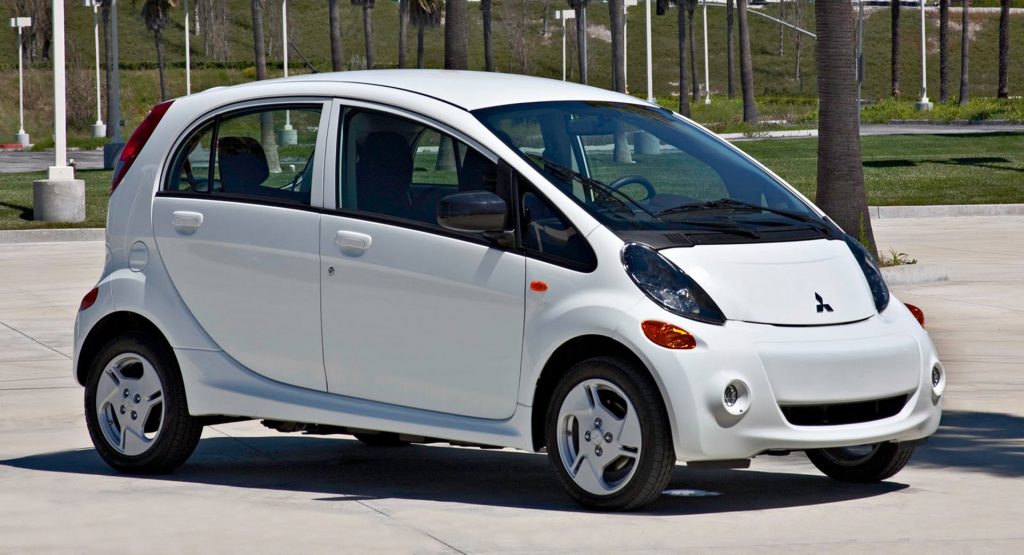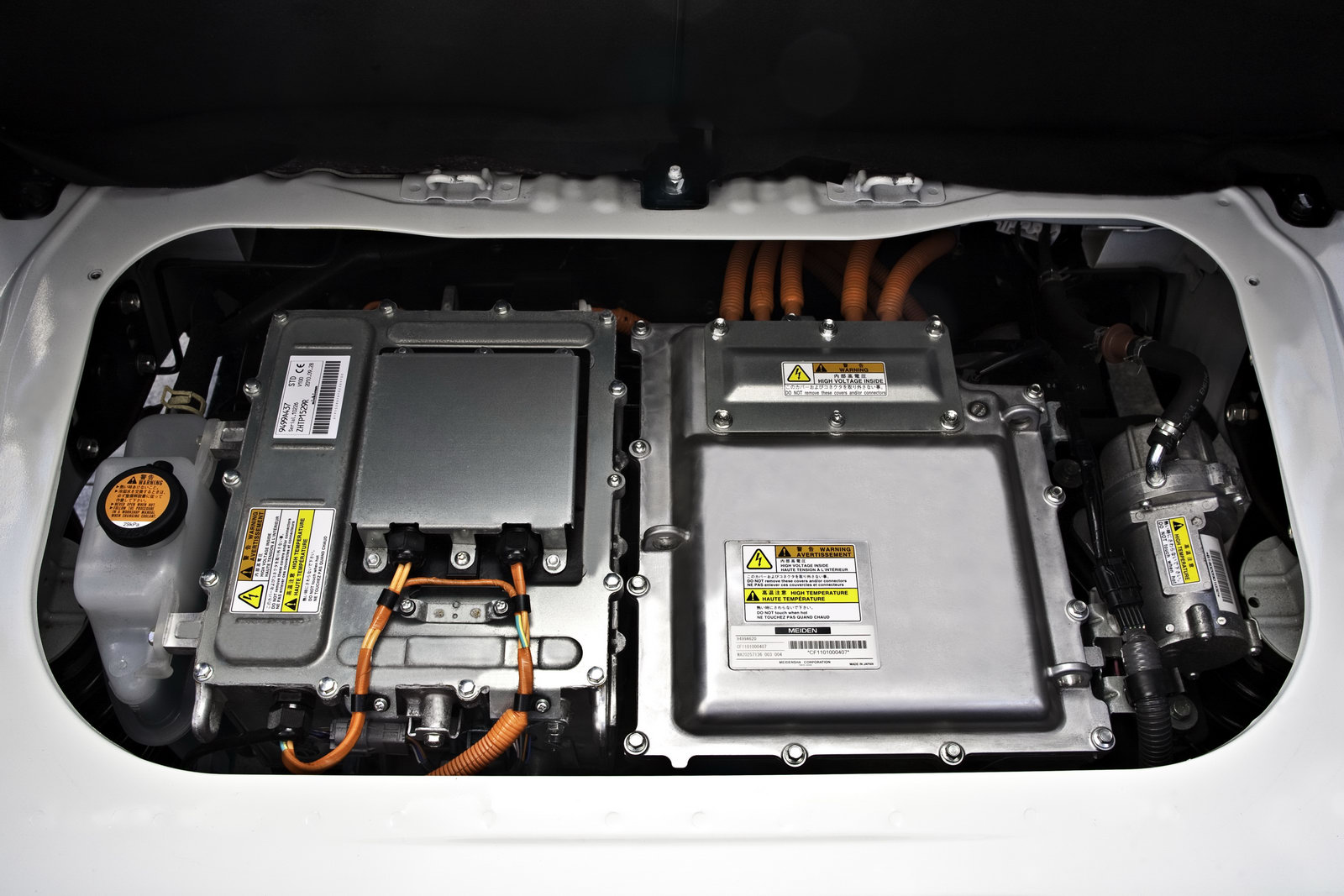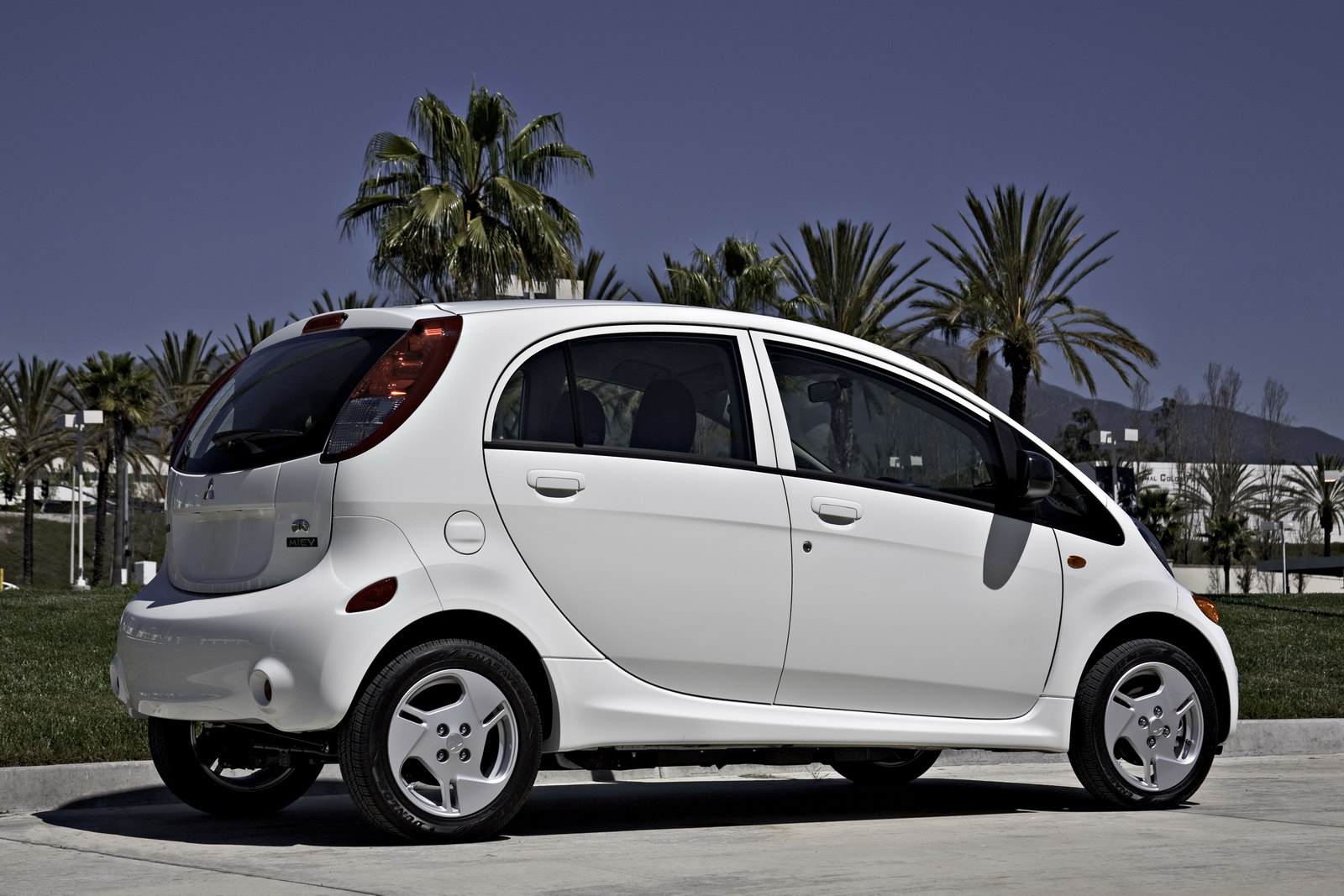Mitsubishi is set to stop building the all-electric i-MiEV at the end of the year, according to a report out of Japan.
The i-MiEV, which is sold as the Mitsubishi i in the U.S., is regarded as the world’s first mass-production electric car and was first introduced in 2009. It has been marketed in more than 50 countries since its launch, but a mere 32,000 examples are said to have been sold. By comparison, roughly 500,000 Nissan Leafs have been sold since 2010.
In a statement issued to Nikkei Asia, a Mitsubishi Motors executive said “We didn’t have enough money and personnel to continue investing in EV development.”
Read Also: Mitsubishi Outlander And Eclipse Cross Are The Slowest-Selling New Vehicles In The U.S.
Powering the i-MiEV is a single permanent magnet synchronous motor mounted on the rear axle that’s producing 63 hp and 132 lb-ft (180 Nm) of torque. It is powered by a 16 kWh lithium-ion battery pack, with a single-speed reduction gear transmission powering the rear wheels. It has a range of approximately 100 miles (160 km) under the Japanese testing cycle.
There’s no doubt that the limited range and outdated technology of the i-MiEV has slowed sales in recent years. What’s more, Nikkei Asia notes the Mitsubishi never updated or refreshed the EV during its production run. The Japanese automaker is not abandoning the electric vehicle segment, however.
In fact, Mitsubishi is said to be developing a new electric minicar with Nissan. It will act as a spiritual successor to the i-MiEV and will reportedly be launched in 2023 at the earliest.





